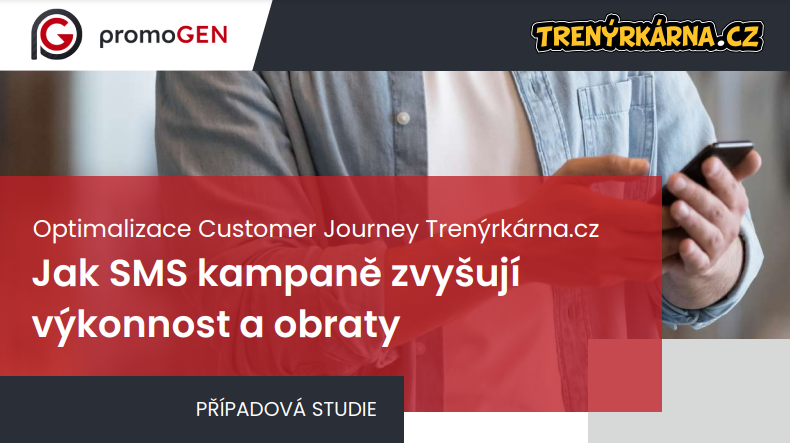
Using AI in email marketing: a revolution in customer communication
In the digital era, email marketing is still one of the most effective tools for communicating with customers. But with the advent of artificial intelligence (AI), this tool is taking on a whole new dimension. AI can significantly increase the efficiency, personalization and effectiveness of email campaigns. Let's take a look at how you can specifically use AI in email marketing.
1. CONTENT PERSONALISATION
One of the most significant benefits of AI is the ability to personalize the content of emails. AI can analyze vast amounts of data about your customers, including their shopping habits, web behavior, and preferences, and create highly personalized emails based on that data.
- Product recommendationsA: AI can suggest products that specific customers might be interested in based on their previous purchases and items viewed.
- Dynamic content: Emails can contain dynamic content that changes according to the preferences and behaviour of each recipient.
2. TIMING OPTIMIZATION
AI can analyze when each individual customer is most likely to open and read an email. Based on this analysis, the AI can automatically schedule emails to be sent at times when the likelihood of interaction is highest.
- Optimal dispatch timeA: AI can determine the best time to send an email, which can significantly increase open and click-through rates.
- Automated campaignsA: AI can automate the launch of campaigns based on specific actions or events, such as a customer's birthday or the anniversary of their first purchase.
3. CUSTOMER SEGMENTATION
AI enables advanced customer segmentation based on a variety of criteria such as demographics, purchase history and web behavior. This ensures that each customer receives relevant content that they are actually interested in.
- Smart segmentation: AI can create customer segments that would be difficult to identify manually, thereby increasing the relevance and effectiveness of campaigns.
- Predictive analysis: AI can predict future customer behaviour, allowing you to create segments based on expected needs and interests.
4. A/B TESTING AND OPTIMIZATION
AI can automate the A/B testing process and quickly analyze the results to find the most effective email variations.
- Automated testing: AI can continuously test different elements of emails (subject lines, images, calls to action) and automatically apply the most successful variations.
- Fast optimization: With fast and accurate AI analytics, campaigns can be optimised instantly for best results.
5. INCREASE OPEN AND CLICK-THROUGH RATES
AI can analyse the factors that influence email open and click-through rates and optimise emails to increase these rates.
- Personalised items: AI can generate personalized email subject lines that increase the likelihood of an open.
- Content optimization: AI can analyse which types of content lead to the highest click-through rates and adjust emails accordingly. The most common example is personalizing products that customers might be interested in, but banner, articles or text can also be personalized.
6. PREDICTIVE ANALYTICS AND CUSTOMER BEHAVIOUR
AI can predict customer behaviour by analysing historical data, enabling better planning and execution of marketing campaigns.
- Shopping forecast: AI can predict when a customer is likely to make their next purchase and schedule targeted emails based on that.
- Identifying trends: AI can identify trends in customer behaviour and tailor email campaigns to match those trends.
7. REDUCING THE UNSUBSCRIBE RATE
AI can help identify the causes of high email unsubscribe rates and suggest strategies to prevent this.
- Behavioural analysis: AI can track the behavior of customers who have opted out and identify patterns that led to the opt-out.
- Preventive measures: Based on these analyses, AI can recommend changes to the content or frequency of emails to reduce unsubscribe rates.
CONCLUSION
The integration of AI into email marketing has huge potential to increase the efficiency and success of campaigns. Personalisation, timing optimisation, smart segmentation and advanced A/B testing are just some of the areas where AI can bring significant improvements. Businesses that choose to leverage AI technology in their email marketing can expect better engagement, higher conversion rates and happier customers.
This is the second article in our mini series on AI in marketing.
In the last article we looked at this, How AI is changing marketing In general. In future posts, we will look at how to use AI tools specifically:
- in performance campaigns
- how legislation treats the use of AI tools












